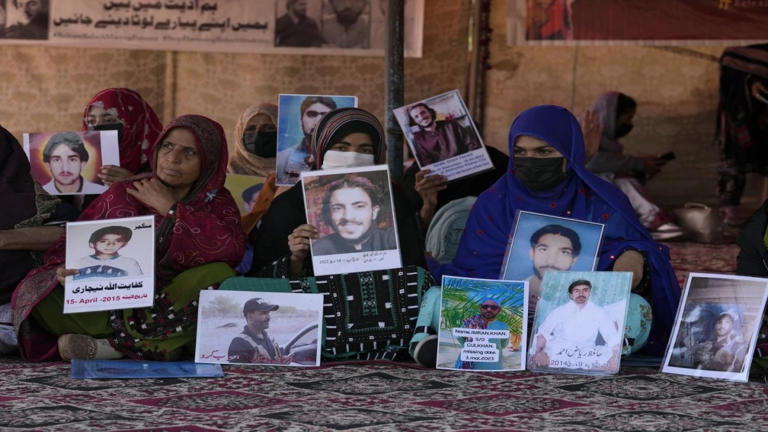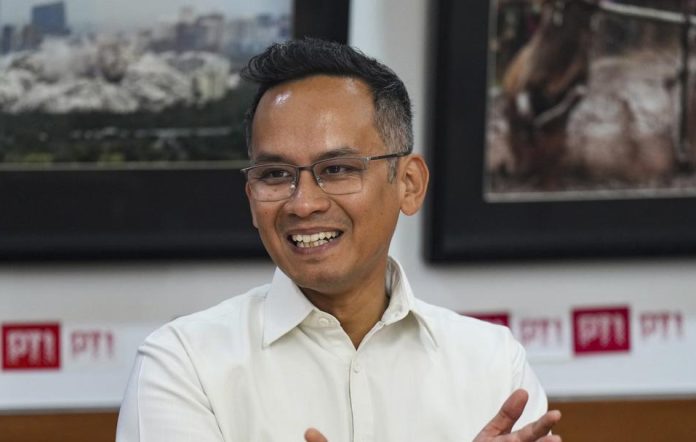Pakistan Legalises 90-Day Detentions in Balochistan Without Charges
On June 4, 2025, the Balochistan Assembly passed the Balochistan Counter-Terrorism Act 2025, granting sweeping powers to security forces to detain any citizen for up to 90 days without formal charges, court appearance, or even a warrant. This move has sparked fierce backlash from rights groups and activists, who say it amounts to legalised enforced disappearances and violates Article 10 of the Constitution of Pakistan.
The law gives extraordinary authority to Pakistan Joint Investigation Teams (JITs) and other state actors, including the Pakistan Army and intelligence agencies, under the guise of anti-terror operations. But many fear it will be weaponized against ordinary Baloch civilians, journalists, and political activists, exacerbating what watchdogs call the Balochistan human rights violation crisis.
Dictatorial law against #Balochi civilians
— Kwisatz Haderach (@Zoomerjeet) June 5, 2025
Now, Pakistani agencies can detain Balochis for up to 3 months without court appearance.
Valid for 6 years #Balochistan pic.twitter.com/MqaaGEn7uL
How the 2025 Law Expands Military Powers Over Civilians in Balochistan
The most controversial clause of the Pakistan security laws 2025 allows for detention without charge for 90 days, with no requirement for prior judicial oversight. This applies not only to suspects of terrorism but potentially to anyone flagged through ideological profiling in Balochistan. Under this law, Pakistan Joint Investigation Teams (JITs) can seize electronic devices, raid homes, and interrogate suspects in “rehabilitation” centres with zero transparency.
Adding fuel to the fire, oversight boards now include military officers, blurring the line between civil administration and Pakistan army legal authority over civilians. Analysts warn this opens the door for militarisation of civil life in Balochistan, especially under the pretext of safeguarding CPEC infrastructure and state interests.
According to multiple reports, this framework resembles past enforced disappearances in Pakistan, where detainees were held incommunicado for months. Now, critics fear these disappearances are being legalised under the new law.
Outrage Grows as Activists, Global Rights Groups Condemn the Law
The reaction has been swift and fierce. Groups like Amnesty International, Human Rights Watch, and the Baloch Yakjehti Committee (BYC) have condemned the legislation as a violation of international human rights in Balochistan, specifically Pakistan’s commitments under the International Covenant on Civil and Political Rights (ICCPR).
In a viral BYC statement on the new detention law, activists called it “a blueprint for state-backed abductions,” and compared it to “tactics used in Nazi Germany and Xinjiang.” Protesters allege that the law enables mass surveillance, stifles dissent, and legitimizes the very practices Pakistan denies on international platforms. Legal experts argue that the law’s six-year duration, with possible extension to 2031, puts an entire generation of Baloch youth at risk. The lack of court checks, civilian protections, and access to legal counsel signals what one lawyer termed “the death of due process in Balochistan.”
The 2025 Balochistan Counter-Terrorism Act is not just another amendment—it represents a seismic shift in Pakistan’s internal security doctrine. It may grant temporary control to Islamabad, but at the cost of fueling mistrust, radicalising youth, and inviting international condemnation. As the world watches, the central question remains: Can Pakistan continue to justify military-style governance in its most oppressed province under the veil of national security?





















